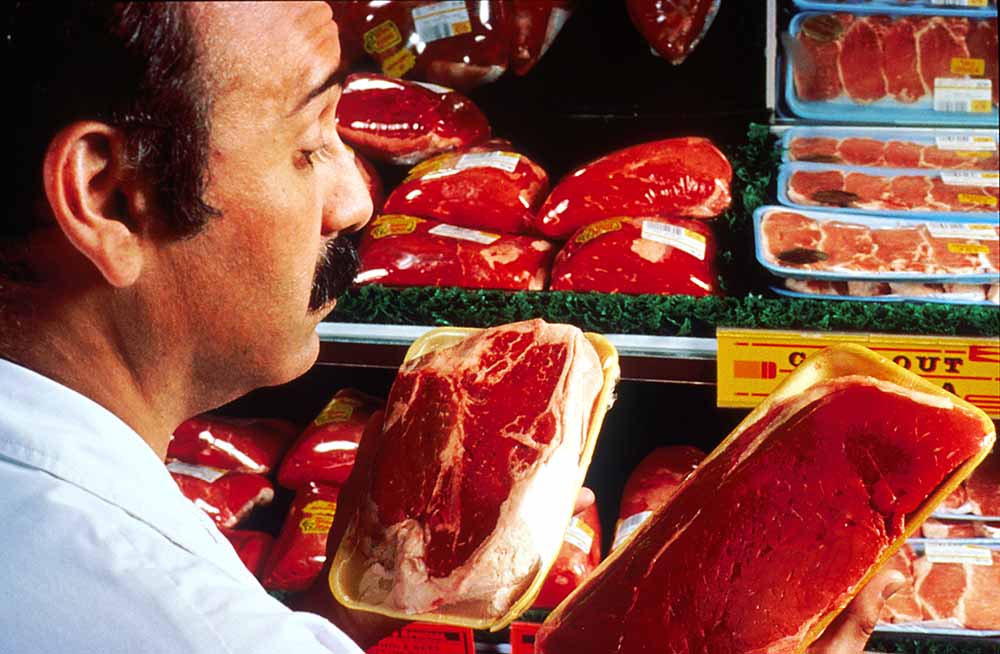If you’re reading this while eating your breakfast then we’ve got some bad news for you. You might even want to put the spoon down for this one, as a recent study conducted by Nature Communications might have found a link between a common ingredient found in breakfast cereal and obesity.
An easy and convenient choice as the first of meal of the day, breakfast cereal has grown since its introduction in the late 19th century to become a staple in just about every home around the globe.
Generally perceived to be part of a balanced diet, and the healthier option in comparison to a cooked breakfast, this research would seem to suggest that cereal isn’t as wholesome as it would like to pretend. Snap, Crackle, and Pop might just be mugging you off.
The study involved testing the effects that three different chemicals had on the signals that our brain sends us to let us know that we’re full. The results indicated that the preservative butylhydroxytoluene (BHT), a common addition to breakfast cereals, disrupted this communication.
What this means in layman’s terms is that when consuming food with BHT, our brains often are often unable to tell when we’re no longer hungry. As a result, it becomes far easier to over-eat and consume a great deal more calories than necessary.
Consuming more of these foods rich in chemicals like BHT actually increases appetite in the long run and, in turn, promotes obesity. Not only that but The US National Institutes of Health has also reported that BHA is “reasonably anticipated to be a human carcinogen”.
This doesn’t mean ditching the stuff altogether. British versions of the cereal such as Coco Pops and Frosties are BHT-free in comparison to several large American brands. Which means that as long as you’re buying European iterations of the product, you should be pretty safe in enjoying an occasional bowl of the sweet stuff for breakfast.
As it stand, BHT still remains approved by the FDA in spite of its bad rep; however, manufacturers such as General Mills have been making a concerted effort to remove it from their range of cereal after pressure from various healthy eating advocates.
It’s all a bit complicated really, and when it comes to the most important meal of the day its the equally-important future of your waistline that hangs in the balance, so maybe it’s best you just stuck with a few eggs in the morning. We’ve heard they’re good for you again. Or not.



